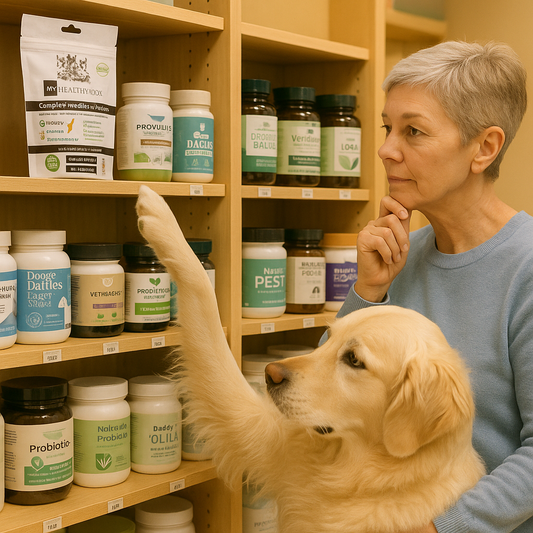The Doberman Pinscher, renowned for its agility, loyalty, and striking appearance, stands as a pinnacle of canine nobility. Originally bred as a protector and companion, the Doberman combines grace and strength like few other breeds. This article provides an in-depth look at the Doberman Pinscher, covering everything from its historical roots to its care needs.
Breed Summary
Origin of the Doberman Pinscher
The Doberman Pinscher was developed in the late 19th century by a German tax collector named Louis Dobermann. Dobermann aimed to breed an imposing dog that could protect him during his collections, which led to the creation of a dog that was both a fierce protector and a loyal companion. This breed was crafted from a melting pot of dogs that included the Rottweiler, German Pinscher, Greyhound, and Weimaraner, among others, which provided the genetic foundation for what would become known as the Doberman Pinscher.
Appearance
Doberman Pinschers are the epitome of sleekness and power. They possess a regal posture with a muscular build, standing 24 to 28 inches tall at the shoulder and weighing between 60 to 100 pounds. Their coat is short, smooth, and comes in colors including black, red, blue, and fawn, all typically with rust-colored markings on the face, chest, and legs. The breed is famous for its sharp, alert expression and poised stance.
Temperament
Dobermans are known for their intelligence and loyalty. They are fearless protectors when called upon, yet they are incredibly gentle and affectionate with their families. This breed thrives on human companionship and requires ample interaction and mental stimulation. Although they are sometimes perceived as aggressive, with proper training and socialization, Dobermans are loving and stable pets.
Health Outlook
The typical lifespan of a Doberman Pinscher is 10 to 12 years. They are prone to several health issues, including dilated cardiomyopathy, von Willebrand's disease, and hip dysplasia. Regular veterinary check-ups and a proactive approach to health can manage these conditions. To support their skin and coat health, it's beneficial to use a premium dog shampoo especially designed to maintain moisture and reduce itchiness and irritation.
Nutritional Requirements
Dobermans require a diet rich in high-quality proteins to support their muscular build and high energy levels. It's important to monitor their food intake to prevent obesity, which can exacerbate joint problems. A balanced diet supplemented with a complete multivitamin can ensure they receive essential nutrients for overall health.
Exercise Requirement
This breed demands vigorous daily exercise to maintain its physical and mental health. They excel in obedience, tracking, and agility sports, making them ideal candidates for active families or individuals. Without adequate exercise, Dobermans can become restless and destructive.
Pros and Cons of Owning the Breed
Pros:
- Extremely loyal and protective of their family.
- High intelligence makes them easy to train.
- Elegant appearance with minimal grooming needs.
Cons:
- Requires extensive daily exercise and mental stimulation.
- Potential for serious health issues which can require careful management.
- May not be suitable for families with very young children due to their size and strength.
Space Requirements
Dobermans are best suited to homes with ample space where they can move freely. A securely fenced yard is ideal for them to exercise safely off-leash.
Suitability for Elderly
Generally, Dobermans are not recommended for the elderly unless they are particularly active and experienced in handling larger, powerful dogs.
Suitability for Kids
While Dobermans can be excellent family pets, their size and strength require cautious supervision around young children. They do best in homes with older children who understand how to interact with large dogs.
Cost
Purchasing a Doberman Pinscher from a reputable breeder can cost between $1,500 and $2,500. Prospective owners should also budget for health care, high-quality food, and training expenses.
What Should the Owner Be Like?
Doberman owners should be assertive, active, and willing to invest time in training and socializing their dog. They should understand the breed's needs for companionship and structure.
Fun Facts
- Dobermans are often used in police and military roles due to their intelligence and loyalty.
- The breed was officially recognized by the American Kennel Club in 1908.
Conclusion
The Doberman Pinscher is more than just a guardian; it is a loyal, intelligent, and affectionate companion. For the right owner, a Doberman offers unparalleled companionship and security, embodying a majestic blend of beauty and strength that is hard to match in the dog world.
Are you familiar with the Doberman Pinscher or have this wonderful breed in your family?
Share your stories in the comments!
Share the Article with friends!





